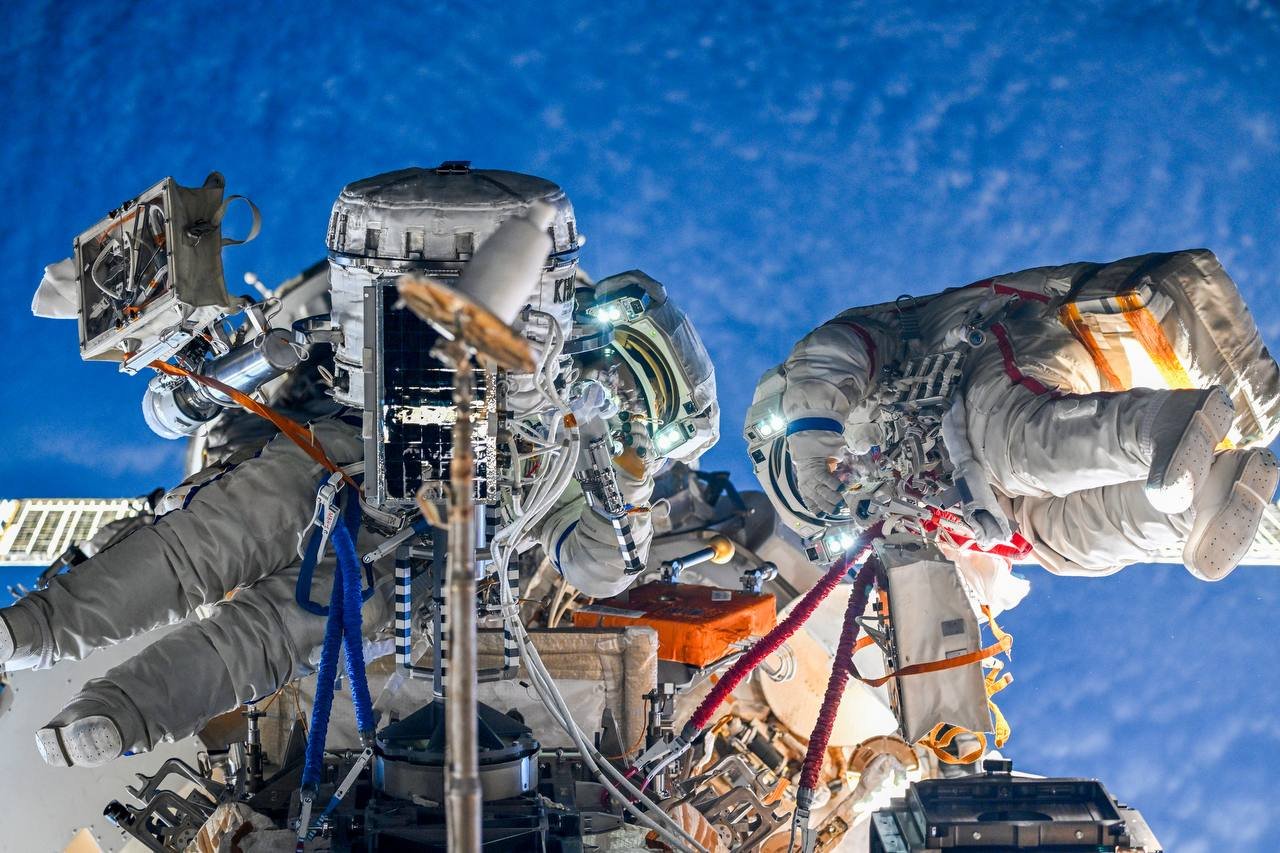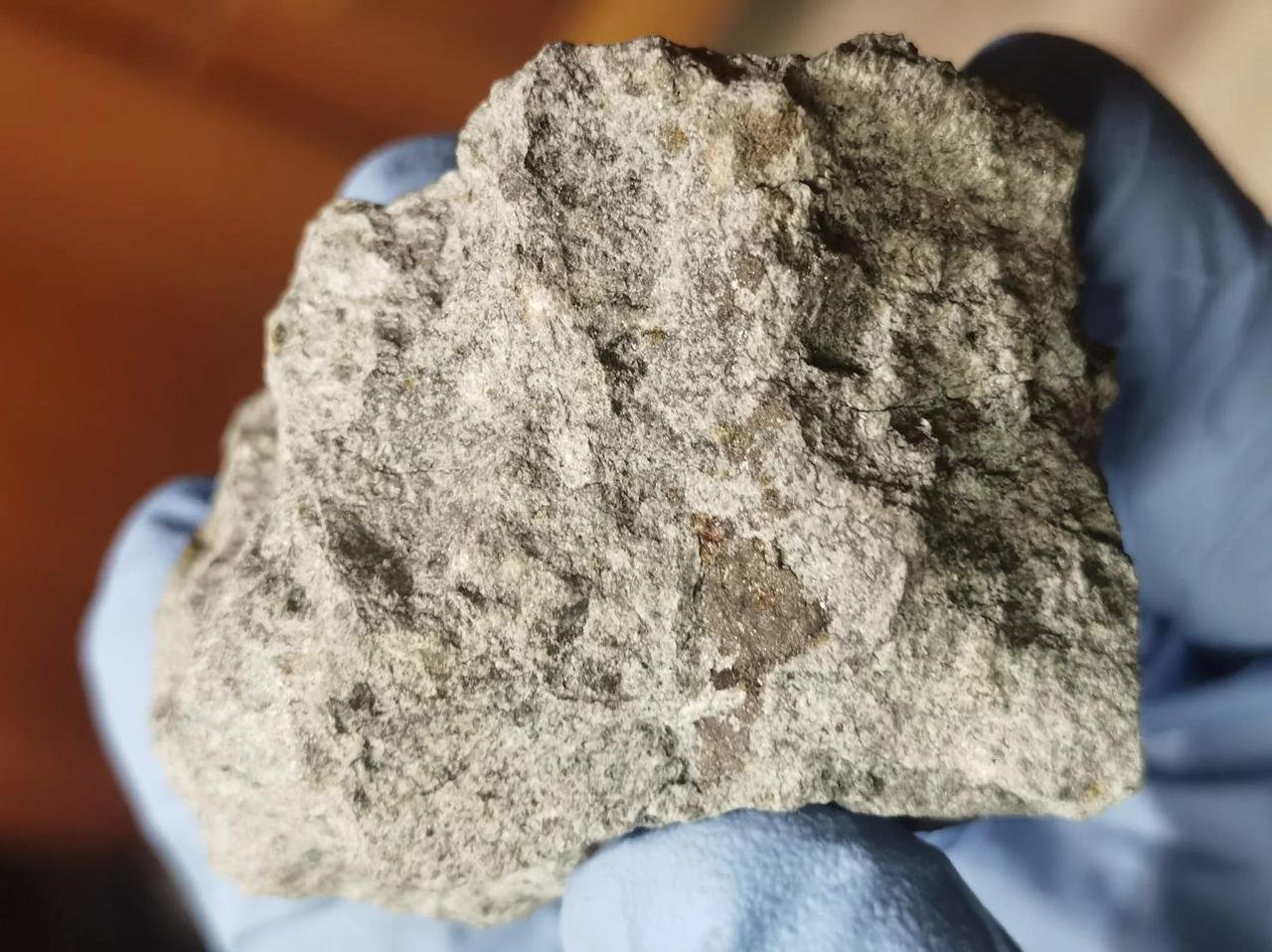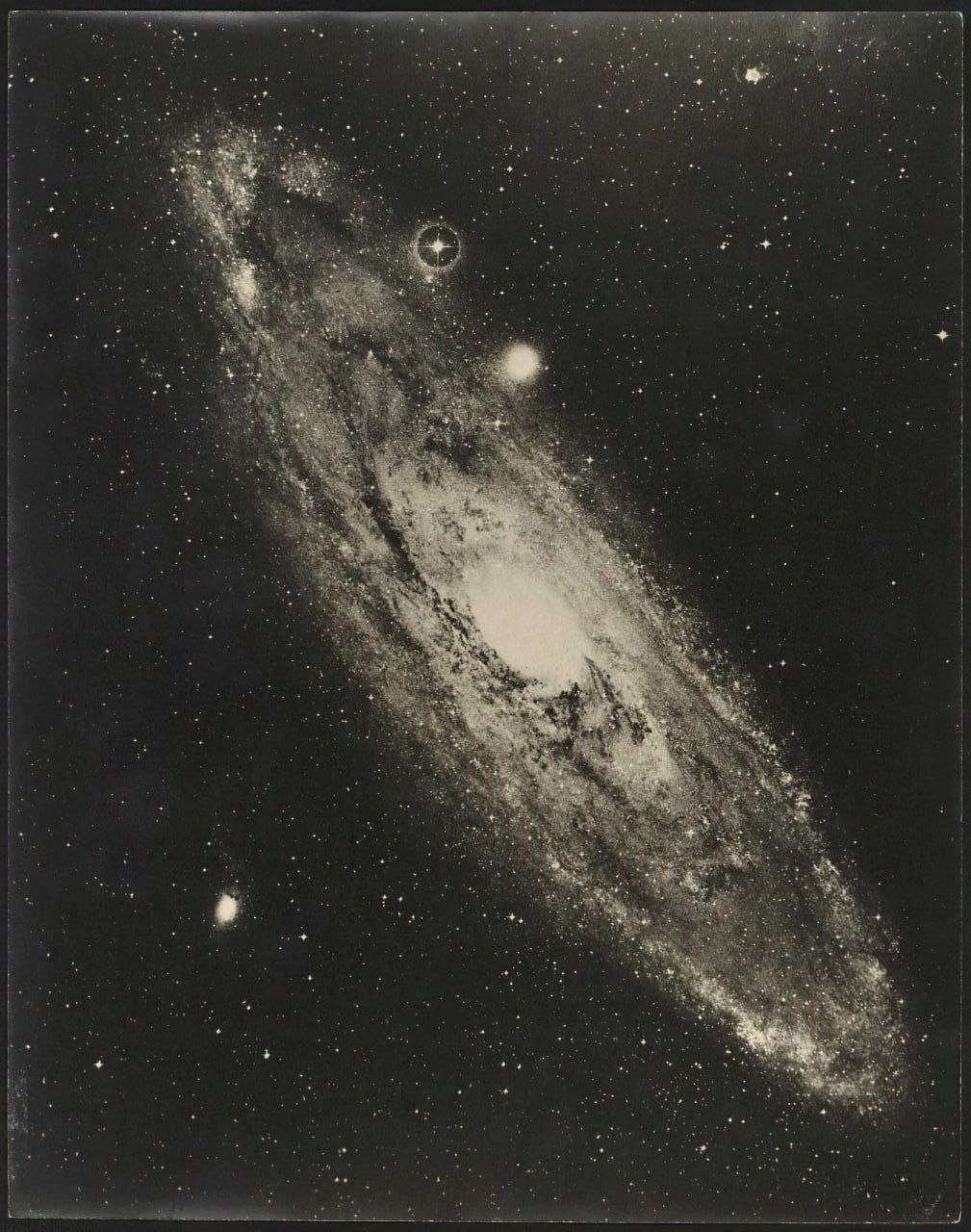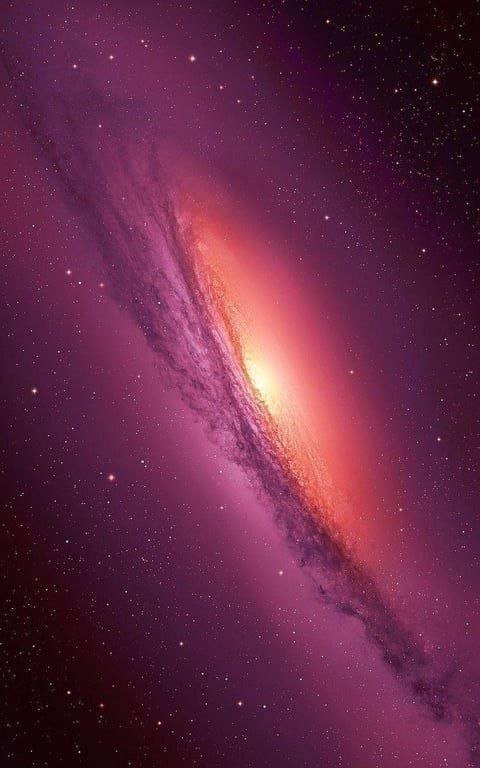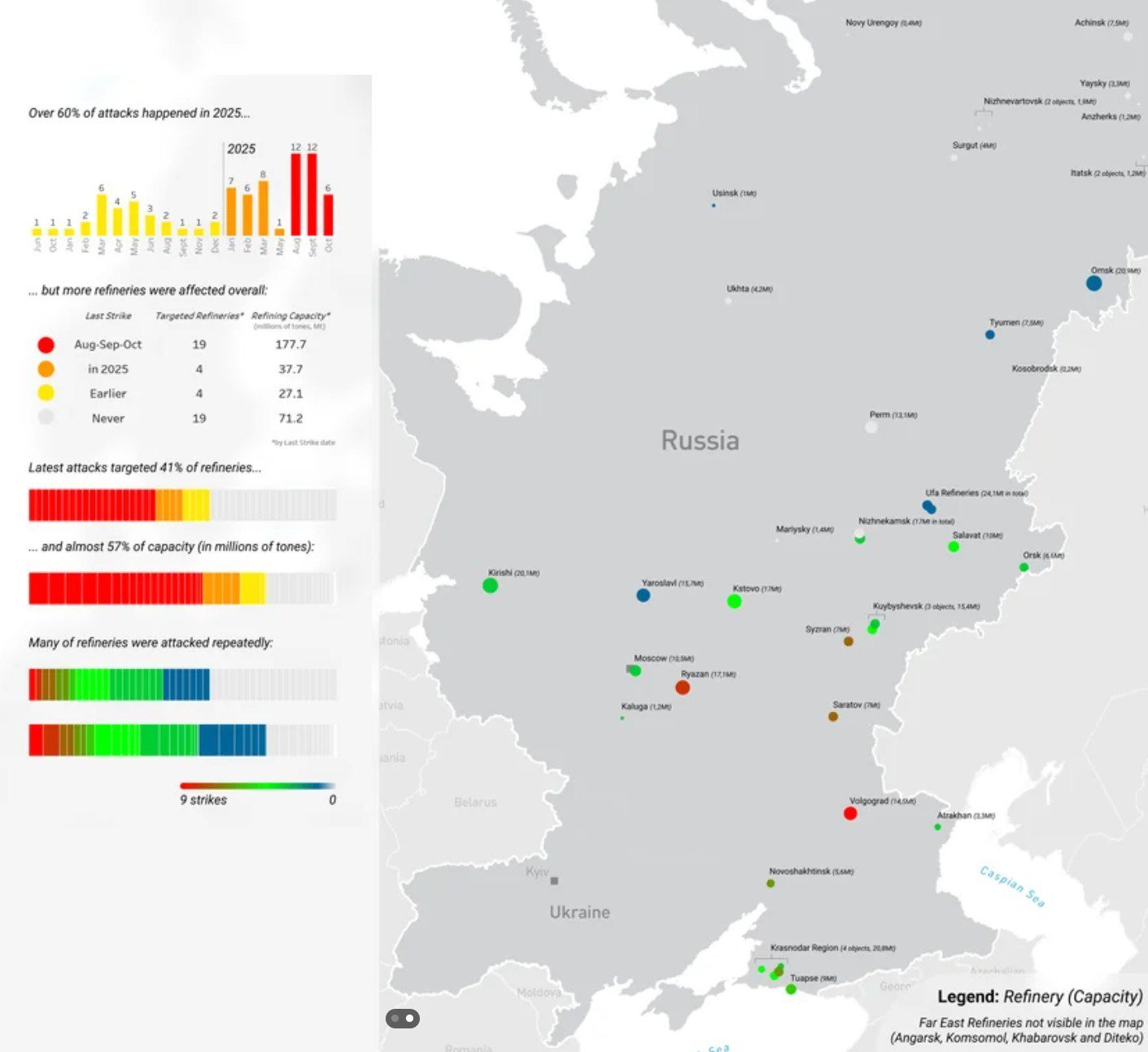The loss of its atmosphere has left Mars unable to support liquid water on its surface, essential for life as we know it. Despite evidence of ancient rivers and lakes, the planet's current state offers only frozen water in the form of polar ice caps and subsurface ice. Understanding Mars' transformation into a frozen desert provides valuable insights into the importance of Earth's magnetic field and atmosphere in maintaining a habitable environment.
